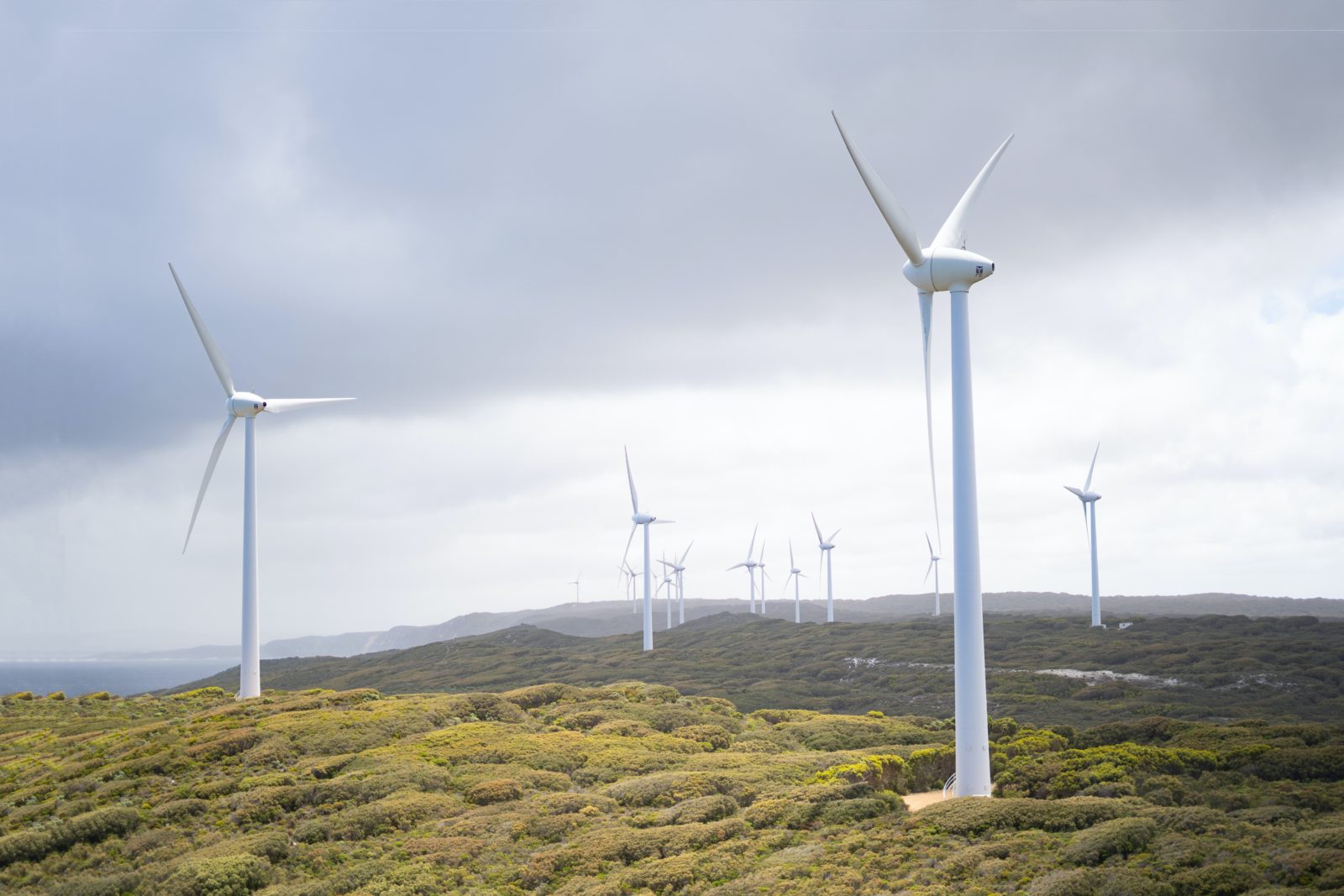The International Energy Agency (IEA) has stated that limiting global warming to 1.5 degrees Celsius is still possible, thanks to the record increase in clean energy technologies, including solar panels and electric vehicles. This comes as temperatures this year have reached unprecedented levels, with global averages approximately 1.1 degrees Celsius higher than pre-industrial levels.
In a report released on Tuesday, the IEA emphasized the need for increased investments in transitioning to cleaner energy, estimating that annual investments would need to reach nearly $4.5 trillion (103.5 trillion CZK) by the beginning of the next decade compared to the expected $1.8 trillion this year. The Paris Agreement, established in 2015, set a goal of keeping the global temperature increase well below 2 degrees Celsius and striving to limit it to 1.5 degrees Celsius to prevent the most severe consequences such as droughts, floods, and increased occurrences of wildfires.
The IEA’s Net Zero Roadmap, an update to their plan for achieving net-zero emissions, highlights that the increase in solar energy capacity and electric vehicle sales since 2021 aligns with their goals, as are the infrastructure plans in both areas. However, even greater efforts are required, including tripling global renewable energy capacity, doubling energy-efficient infrastructure, and increasing the sale of heat pumps and the utilization of electric vehicles by 2030.
The Net Zero Roadmap proposes scenarios for achieving net-zero emissions by mid-century. The IEA also called for a 75% reduction in methane emissions in the energy sector by 2030, estimated to cost $75 billion, just two percent of the net profit the oil and gas industry reported in 2022.
According to the IEA, achieving a clean energy transition will also require a just transition that considers the conditions in individual countries. Developed countries will need to reach net-zero emissions before developing countries. Despite extreme weather events this year, politicians who prioritize the crisis of living costs and seek re-election have been backing away from climate commitments.
“Governments must separate climate from geopolitics given the scale of the challenge,” said Fatih Birol, the Executive Director of the IEA.
With determination and concerted global efforts, the goal of limiting global warming to 1.5 degrees Celsius remains within reach. Investing in clean energy technologies and implementing sustainable solutions can mitigate the most severe impacts of climate change and create a healthier and more sustainable future for future generations.






